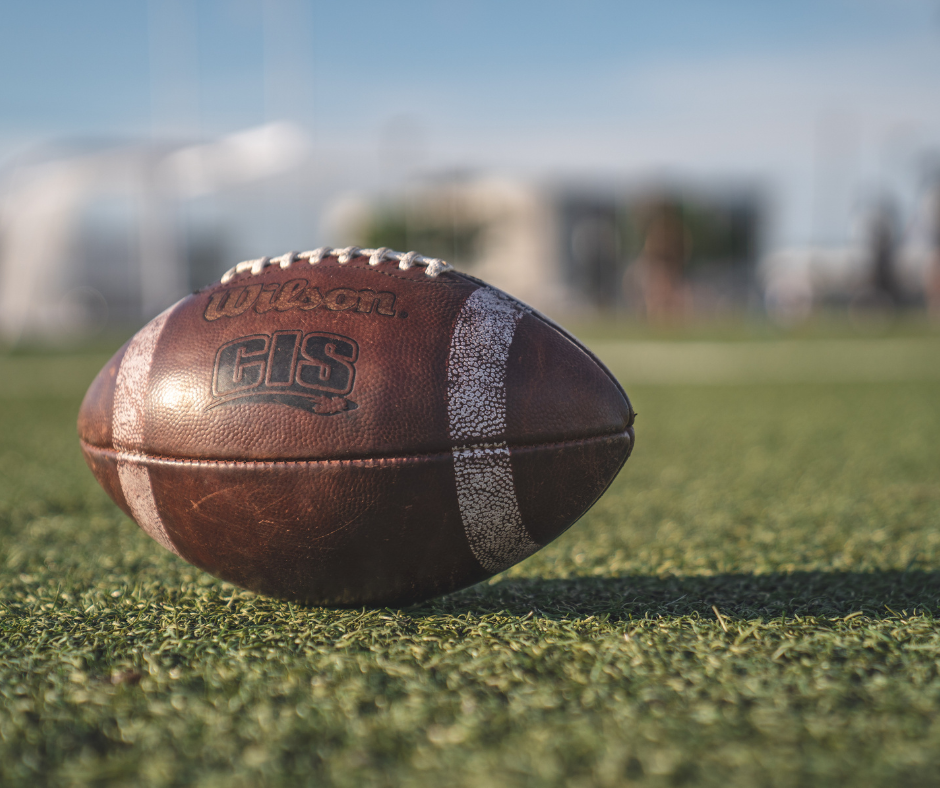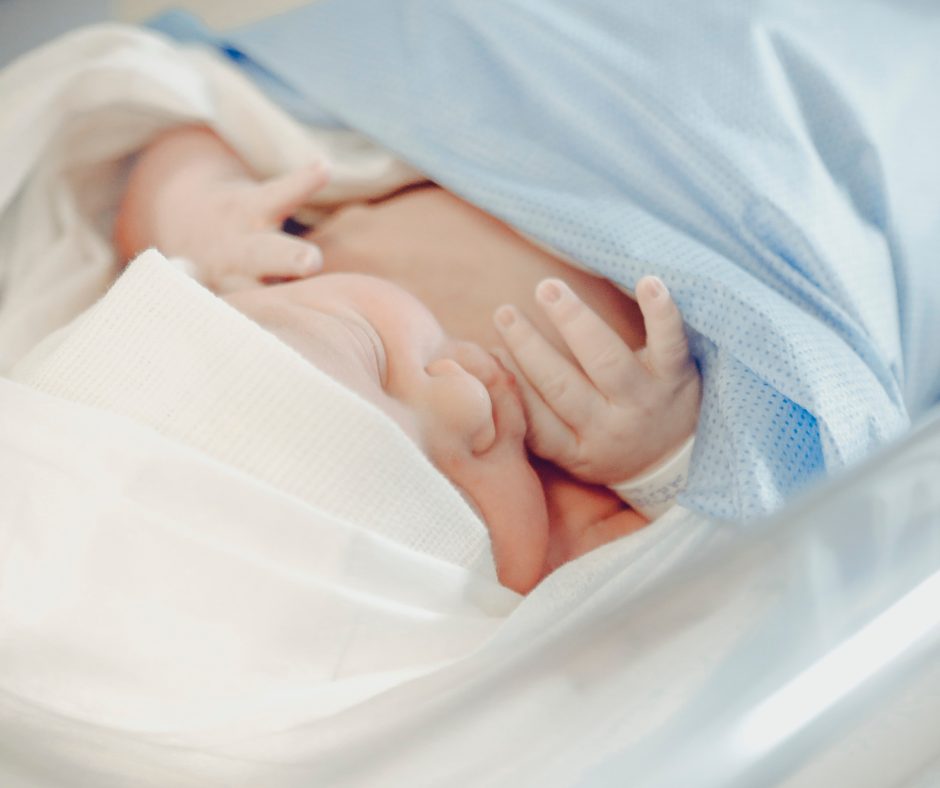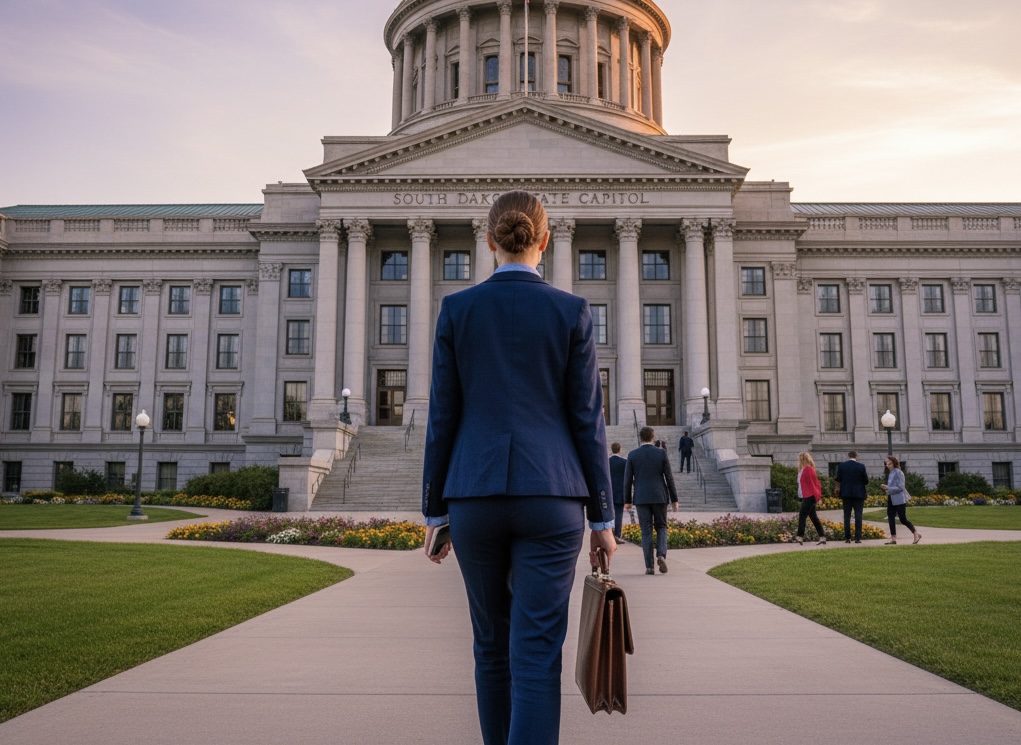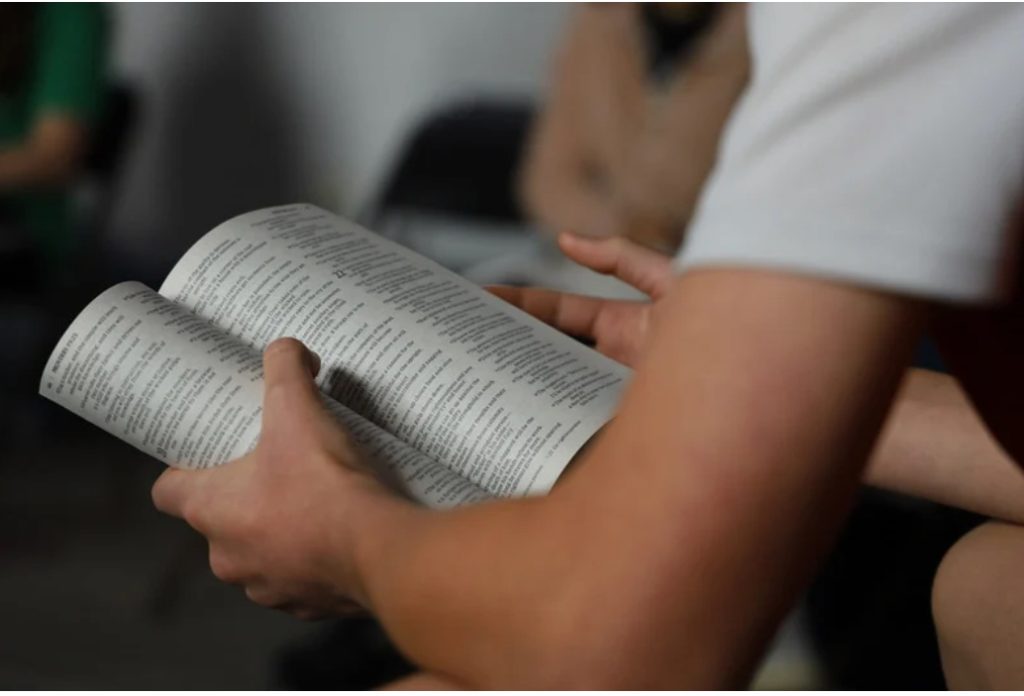You may recall hearing about high school football Coach Joe Kennedy, who was fired in 2015 for taking a knee and praying quietly for 15-30 seconds after football games in Washington state. He faced a long road of legal challenges leading up to his victory in the Supreme Court in 2022, where the 6-3 ruling established he had an undeniable constitutional right to pray on the field after games.
But where did this all start?
Coach Kennedy began his tradition of praying after games as soon as he was brought on as coach in 2008. Shortly after, his players began to notice his prayer ritual and requested to join him, to which he responded, it’s a “free country” and they can “do what [they] want.” Thus, a new tradition began: Coach Kennedy led a short prayer on the 50-yard line after games for players interested in participating.
This continued without issue until 2015, when the coach of an opposing team complimented Coach Kennedy’s practice. This innocent compliment caught the school board’s attention, causing them to launch a “fact-finding” investigation into the group prayers. Following the investigation, the Bremerton School District (BSD) sent Coach Kennedy a letter acknowledging that he had “not actively encouraged, or required, participation,” but instructed that going forward, his prayers must be “physically separate from any student activity.”
At first, Coach Kennedy complied with the school board’s instruction, and ceased praying with students, telling them, “People in the administration building are concerned. I will appreciate it if you let me pray alone after the game.” But less than a month later, he submitted a request for religious accommodation to kneel and say a short, quiet prayer on the field following games. In response, BSD announced a total ban on employees engaging in any “demonstrative religious activity [that is] readily observative to students and the attending public.” The school board suggested Coach Kennedy retreat to areas such as the press box to pray in secret after the game, calling his private prayers on the field “unconstitutional.”
Following Coach Kennedy’s refusal to comply with the board’s request to cease praying on the field, he was suspended on October 28, 2015, while the board simultaneously admitted they found “no evidence that students have been directly coerced to pray with Kennedy” and, further, that “Mr. Kennedy has complied with [BSD’s] directives not to intentionally involve students in his on-duty religious activities.”
While Kennedy was on leave, BSD issued a “Do Not Rehire” recommendation on his coaching evaluation, leading to his termination at the high school.
This kickstarted Coach Kennedy’s 7-year legal journey to the US Supreme Court.
After Kennedy was fired due to BSD’s recommendation, he issued a formal complaint with the U.S. Equal Employment Opportunity Commission, arguing that the school district violated his First Amendment Rights. The EEOC sided in his favor, allowing him to sue Bremerton School District for civil rights violations.
A series of defeats in the district court system eventually brought Kennedy’s case before the Supreme Court in 2022, which ruled 6-3 in his favor.
“Both the Free Exercise and Free Speech Clauses of the First Amendment protect expressions like Mr. Kennedy’s,” wrote Justice Neil Gorsuch in the majority opinion. “Nor does a proper understanding of the Amendment’s Establishment Clause require the government to single out private religious speech for special disfavor. The Constitution and the best of our traditions counsel mutual respect and tolerance, not censorship and suppression, for religious and nonreligious views alike.”
We’re excited to welcome both Coach Kennedy and Jeremy Dys, who represented Kennedy throughout his court battles, at FHA’s Stand Dinner this year to hear the full story. The events will take place on October 24th and October 30th in Rapid City and Sioux Falls, respectively. For more information, click here.






